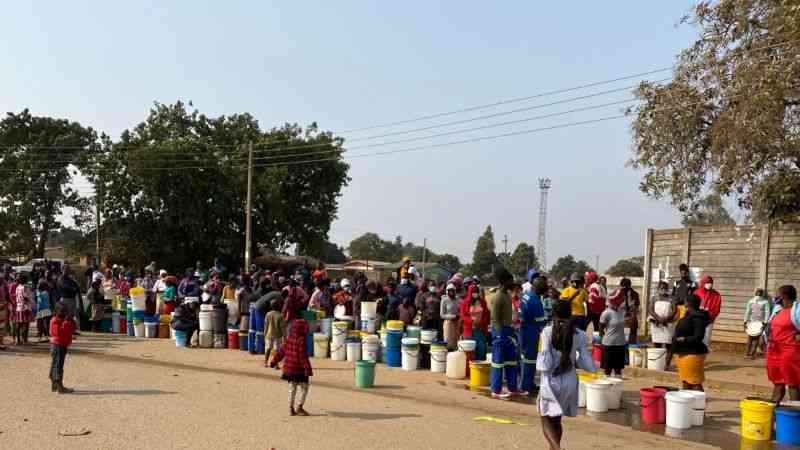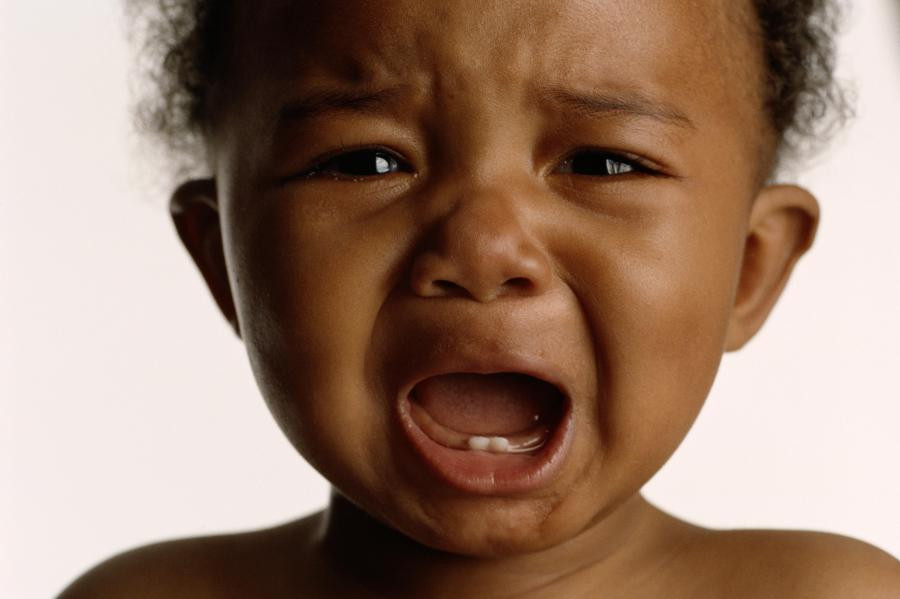
The devastating effects of El Niño are manifesting across Zimbabwe, with severe drought conditions wreaking havoc on the nation’s water resources.
In cities like Bulawayo, households are now enduring weeks without reliable access to water, a situation that poses immediate threats to public health and social stability.
As citizens struggle to meet their basic needs, the government faces a pressing call to action to mitigate the crisis before it escalates into a full-blown humanitarian disaster.
The crisis at hand
El Niño events are characterized by significant climatic changes, often leading to droughts and reduced rainfall in various regions, including southern Africa.
This year, Zimbabwe has felt the brunt of these conditions.
Water sources that once provided essential supplies to urban and rural areas have dried up, leaving many without the means to secure even the most basic necessity: clean drinking water.
In Bulawayo, Zimbabwe’s second largest city, reports indicate that residents are going for weeks —sometimes longer — without water.
- Teachers, other civil servants face off
- Veld fire management strategies for 2022
- Magistrate in court for abuse of power
- Vungu Dam water treatment and irrigation project takes off
Keep Reading
This is not merely an inconvenience; it is a crisis that threatens the very fabric of life.
Water is essential not just for drinking but for sanitation, agriculture, and overall community well-being.
The absence of this vital resource is leading to increased tension among citizens, as frustrations mount over the government’s apparent inability to respond effectively to the situation.
Health implications
The lack of water access has dire implications for public health. Without adequate water supply, the risk of waterborne diseases—such as cholera and typhoid fever—skyrockets.
These diseases thrive in conditions where sanitation is compromised, and the need for clean water becomes paramount.
The potential for an outbreak is high, and health systems in Zimbabwe are already strained; any additional burden could be catastrophic.
Moreover, the mental health impacts of such crises cannot be overlooked.
The stress of daily struggles to secure water can lead to psychological distress, exacerbating existing mental health issues among vulnerable populations.
The government must recognise that the consequences of this drought extend far beyond physical health; they threaten the overall stability of communities.
Government response
In the face of this escalating crisis, government action is imperative.
There are several strategies that could be employed to alleviate the immediate water shortages and prevent potential outbreaks of disease
Emergency water supply initiatives: The government should establish emergency water delivery services, prioritising the most affected urban areas. This could involve the distribution of bottled water or the provision of mobile water tanks to ensure that residents have access to clean water.
Infrastructure investment: Long-term solutions require significant investment in water infrastructure. Repairing existing systems, such as pipes and reservoirs, and investing in sustainable sources of water—such as rainwater harvesting and recycling — are crucial steps that need to be taken.
Public health campaigns: Educating citizens about hygiene practices during water shortages can mitigate the risks of disease. Campaigns that promote hand washing with soap and safe water storage should be prioritised to reduce the likelihood of outbreaks.
Collaboration with NGOs: Engaging non-governmental organisations (NGOs) can enhance the government’s capacity to respond to the crisis. NGOs often have the resources and expertise to implement rapid response initiatives and can help distribute aid effectively.
Community involvement: Local communities should be involved in decision-making processes related to water management. Engaging residents in identifying solutions and participating in conservation efforts can empower them and enhance the effectiveness of water management strategies.
A call for leadership
This crisis is not just an environmental issue; it is a profound humanitarian challenge that requires decisive leadership.
The Zimbabwean government must acknowledge the gravity of the situation and act swiftly to protect its citizens. This means not only addressing immediate water shortages but also implementing sustainable practices to prevent future crises.
The international community also has a role to play. Countries and organisations that have historically supported Zimbabwe through aid and development programmes should step up their efforts in light of this current situation.
Collaborative international support can bolster local initiatives and provide much-needed resources for infrastructure and health interventions.
Looking ahead
As Zimbabwe grapples with the realities of an El Niño-induced drought, the stakes could not be higher.
The time for reactive measures has passed; now is the moment for proactive, innovative solutions. The citizens of Bulawayo and other affected regions are counting on their leaders to prioritise their safety and well-being.
In conclusion, the water crisis facing Zimbabwe is a multifaceted issue that demands urgent attention and action.
The government must take responsibility for ensuring that all citizens have access to clean water, not just for their survival today but for the future stability of the nation.
As we reflect on the challenges posed by climate change, it is clear that resilience and adaptability are essential.
Zimbabwe’s response to this crisis will set a precedent for how it tackles future environmental challenges.
It is imperative that leaders act decisively to protect the health and dignity of their people.
*Gary Gerald Mtombeni is a journalist based in Harare. He writes here in his own personal capacity. For feedback Email [email protected]/ call- +263778861608











